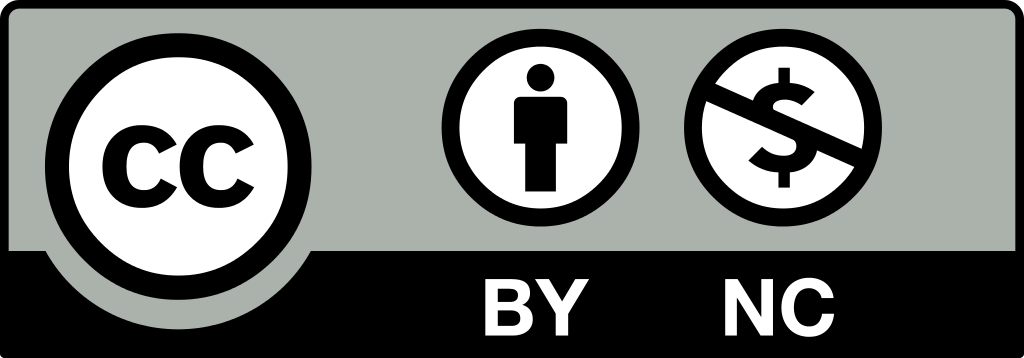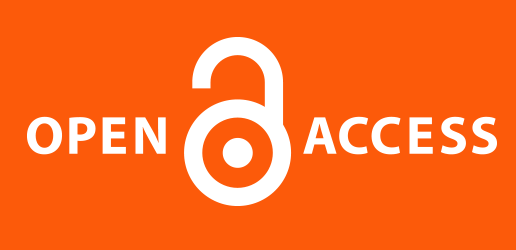About This Journal
Contents
- Aims and Scope
- Open Access Policy
- Peer Review Process
- Indexing and Abstracting Services
- Plagiarism Statement
- Contact the Journal
Aims and Scope
disClosure is an annual thematic publication dedicated to investigating and stimulating interest in new directions in contemporary social theory. By encouraging submissions from a variety of disciplinary, geographical, and theoretical perspective and genres, the journal seeks to expand the nature of what is studied by the academy and how it is studied. In an effort to construct new approaches to form and content, we encourage submissions that employ innovative writing styles as well as formal scholarly work. The journal annually publishes articles, art, creative writing, interviews, and book reviews. The journal is edited by graduate students participating in the Committee on Social Theory (CST) at the University of Kentucky.
Themes of disClosure follow alongside the annual themes of ST 600 and CST's Spring Lecture Series. Students are responsible for all aspects of the journal, from the solicitation and review of manuscripts, art work, and poetry, to correspondence, publicity, distribution, fund-raising, book reviewing, and preparation. Each issue has two to three Chief Editors who oversee the collective's efforts, and Committee members supply advice for the entire operation. The journal also has an internationally renowned editorial board that assists in the evaluation of submissions.
Open Access Policy
disClosure: A Journal of Social Theory is a No-Fee Open Access Journal. This means that the journal offers free availability and unrestricted use of the content it publishes and does not charge publication fees. In other words, the journal strives to remove both price barriers and permission barriers. Content is licensed under a Creative Commons Attribution Non-Commercial License (CC-BY-NC 4.0), meaning that interested parties are free to share and adapt published work, so long as they give appropriate credit to the author and the journal, indicate what changes were made (if any), and agree to not make commercial use of the work.
For more information on Open Access publishing, see Peter Suber's "Open Access Overview" and his book-length treatment of the subject, available as a free PDF download from MIT Press.
Peer Review Process
Submissions to disClosure: A Journal of Social Theory are reviewed by two referees who are selected from among the journal's editorial collective on the basis of their interest and expertise. disClosure: A Journal of Social Theory follows a double-blind review process: at no point is the author's name disclosed to referees, nor are referees' names disclosed to the authors. Referees will have three weeks to complete their reviews and make recommendations to the Editors in Chief. On the basis of Referees' reviews, the Editors in Chief will choose to accept the article for publications, accept it with minor revisions, request that the author make major revisions to the article and resubmit, or reject the article. The author will have three weeks to make requested revisions and resubmit. The referees will have one week to decide whether sufficient revisions have occurred and submit their recommendations to the Editors in Chief. Based on these recommendations, the Editors in Chief will render final acceptance and rejection decisions.
Indexing and Abstracting Services
- EBSCO Academic Search Complete
- MLA International Bibliography
- MLA Directory of Periodicals
- Directory of Open Access Journals
- Google Scholar
Plagiarism Statement
Every article submitted for publication in disClosure: A Journal of Social Theory will be checked for instances of plagiarism before the work is distributed to referees for review. If verbatim copying, self-plagiarism, or improper paraphrasing is detected, the author will be notified and asked to rewrite or clearly cite the text in question. If the plagiarism is extensive, the article will be rejected and the author's institution or employer may be notified. Plagiarism can be difficult to quantify; as such, whether or not an instance of plagiarism is 'extensive' will be determined by the Editors in Chief in consultation with the journal's faculty advisor.
Contact the Journal
You can get in touch with the editors of disClosure: A Journal of Social Theory at disclosurejournal@gmail.com. You can also contact the Committee on Social Theory for more information about the journal.

